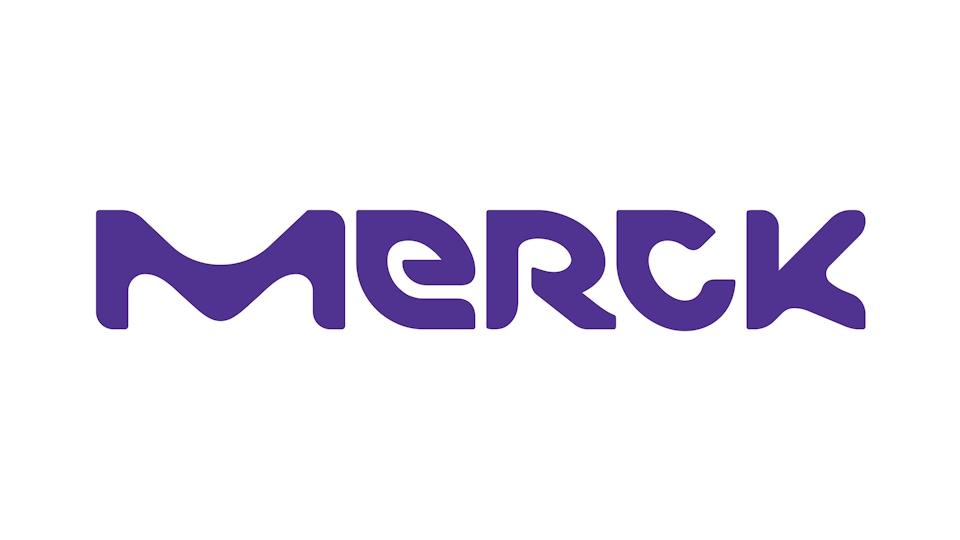With $75m cash injection, SynOx plans ph3 rare tumour trial

Ray Barlow, SynOx’s chief executive
Ireland’s SynOx Therapeutics has completed a second-round financing, raising $75 million, as it prepares to take its drug for tenosynovial giant cell tumour (TGCT) into phase 3 trials.
TGCT is a rare disease affecting the joints and tendons caused by overproduction of the protein CSF-1, which stimulates the proliferation of various cell types, inflammation, and destruction of the matrix of the joint.
That in turn leads to joint pain, swelling, stiffness, and limited range of motion which, while not life-threatening, can be highly debilitating to patients and affect their quality of life.
The biotech is hoping to provide an alternative to Daiichi Sankyo’s Turalio (pexidartinib), an oral CSF-1, KIT, and FLT3 inhibitor, which was given the green light by the FDA in 2019, becoming the first approved drug therapy for TGCT.
Emactuzumab is a monoclonal antibody designed to target and deplete macrophages, a kind of white blood cell, in tumour tissue, and was originally developed by Roche as a cancer therapy. These tumour-associated macrophages (TAMs) are enlisted by the tumour to suppress the local immune system, allowing it to grow.
The Series B – co-led by Forbion and HealthCap, alongside new backer Bioqube Ventures – is earmarked for a pivotal trial of CSF-1 receptor targeting antibody emactuzumab, which SynOx says is potentially a “best-in-class” treatment for TGCT.
It achieved a 71% objective response rate (ORR) in an earlier trial, alongside “rapid and robust tumour reduction, a long duration of effect, and significant improvements in functional ability,” according to SynOx.
Before Turalio's approval, patients’ only real option was surgery to remove as much of the TGCT as possible. Many tumours recur over time, even with surgery, however, leading to multiple procedures, while some patients are not eligible for surgical intervention at all.
So far, Turalio sales are modest, at around $27 million in the first nine months of Daiichi Sankyo’s current fiscal year, which may reflect the rarity of the disease – affecting around 11 people per million worldwide – but also the need for strict monitoring for liver damage and controls to prevent it being taken during pregnancy.
Another potential rival is Merck KGaA/Abbisko’s pimicotinib (ABSK021), another orally active CSF-1 receptor inhibitor, which is in phase 3 testing.
SynOx reckons that its antibody – which is administered over five doses by intravenous infusion every two weeks – can offer a short treatment cycle, rapid onset, and long duration of response compared to alternative therapies.
“We believe that emactuzumab is differentiated from other agents in development and will provide a much-needed and valuable option for patients suffering from this grievous disease,” said Ray Barlow, SynOx’s chief executive.
“TANGENT, our phase 3 registrational clinical study, will add to the encouraging data we have generated already, and advance our TGCT programme into the late stages of clinical development.”
SynOx’s Series A was completed in 2020, raising around $44 million, shortly after it spun out of Celleron Therapeutics.













